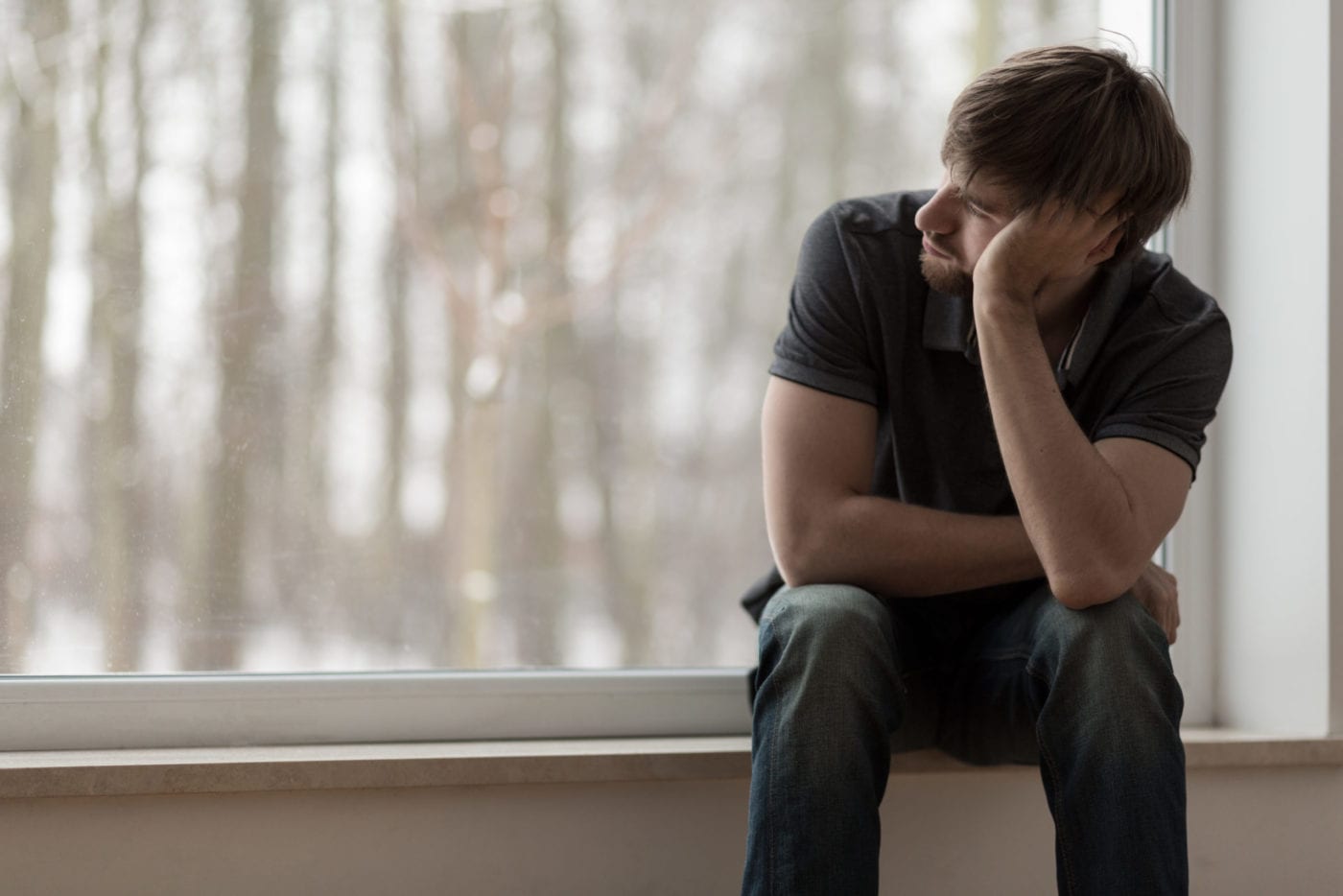One of my buddies got me a shirt that said “I like BBQ and maybe three people.” It’s funny how true this shirt is for most men. How many men do you know who love to work on relationships? How many love getting to know other guys simply to get to know other guys? Hardly any. So we isolate, and it doesn’t occur to us to stop isolating because we don’t know we’re doing it.
Most of us don’t need a whole lot of relationships to be fulfilled. We are simple creatures with simple habits. Because we tend not to need many relationships, we wind up isolated. But it not only impacts us—it also impacts the people we love. Here are 5 ways men isolate themselves without realizing.
1. We avoid social situations.
When coworkers ask us out for dinner after work, we come up with an excuse not to be there. Maybe your wife wants you to join her for a walk with the new neighbors, but you all of the sudden get a cramp in your foot. According to the New York Times, studies show that social interactions promote physical and emotional health in adults. Yet we believe we don’t need a social life, so we avoid social situations. When we do this, we weaken our support network and push ourselves into further isolation. If you find yourself making excuses to opt out of invitations consistently, ask yourself why.
2. We’re addicted to our devices.
We are connected like never before in history. But our amazing technology can put a wedge between us and those we love. Do you often find your family members in the same room on their devices, having little to no interaction with each other? When we isolate in this way, we nonverbally communicate that our phones are more important than our loved ones. That’s a bigger deal than we think it is. To stop isolating in this way, put your device to bed before you go to bed. Use those last few hours of the day for real connection with your family.
3. We don’t ask for help.
When I was in middle school, my dad’s neighbor flooded his house because he failed to put the correct part on a newly installed toilet. My dad, a plumber, asked this man, “Why didn’t you ask me to help? You know I wouldn’t charge you anything.” The man shrugged and then spent thousands of dollars to fix everything. He’d probably bought into a lie lots of us believe: that it is weak, not manly, to ask for help. But if a friend asked you for help, chances are you would be more than willing. If this is true for you, it is true for others. Next time you find yourself needing help, stop and ask yourself who can help you.
4. We over-prioritize hobbies.
I have a friend who gets home from work and immediately goes to his media room to play video games. His wife is on the brink of leaving him and he doesn’t understand why. Maybe it isn’t video games for you—maybe it’s golfing or hunting. Hobbies are healthy and we need them, but many men use them to avoid their friends, families, and responsibilities. We say we can’t function without our hobbies or that our hobbies are the only ways we can disconnect from the world. But it’s a problem if in pursuing hobbies, we neglect our families’ needs and avoid our roles as husbands and fathers. A simple test is to measure the amount of time spent with your family versus the amount of time spent on your hobbies. Which gets more of you?
5. We move away from vulnerability.
Most men have some level of insecurity. We are afraid to get caught in our insecurities, so we become aggressive toward others or we become passive and hide. We get wrapped up in not getting caught which actually makes us more isolated. The problem with isolating in this way is that no one really gets to know the real you. We find ourselves frustrated that we can’t be real with others and we start to think we’re the only ones struggling with what we are struggling with. This is simply not true. How do we stop isolating ourselves like this? We need others in our lives to remind us that we aren’t alone. You are not alone and being vulnerable with others is the only way you’ll confirm this.
Sound off: How could you help a friend stop isolating?











Huddle up with your kids and ask, “What are you most afraid of?”